Cause: Poor Electrical Connection
Poor electrical connections are the joints, in either the high or low voltage side of the welding circuit that are not properly made.
Description
Mechanical Connections
Poor electrical contact can cause circuit resistance to increase and impede weld current flow across the connection. The result could reduce the weld nugget diameter or produce no weld at all. These poor electrical connections may show up when connections are not tight, or dirt or other contaminants come between contact surfaces.
Nonmagnetic stainless hardware has become a standard for some in industry. Because of its nonmagnetic property, stainless steel does not attract steel slag, and will not significantly heat up from induced current flow. Therefore, welding hardware, bolts, and nuts may be more readily reused, allowing for swifter repairs.
Oxidation at Connections
Oil, dirt, and air cause copper to oxidize. Copper oxide is an insulator whereas silver oxide acts as a conductor and has 40 times the conductivity. Therefore, many segments of industry silver coat joints to improve their conductivity, and slow the effects of oxidation at connections.
Detection
A micro-ohm meter may be used to measure resistance across the connection. A measurement of 1 to 4 micro-ohms is considered a good connection, while a reading of 5 to 10 is considered fair. A meter reading above 10 indicates a questionable connection.
Some visible signs of poor electrical connections are:
- Inconsistent weld quality
- Missing weld
- Non-round weld
- Stuck weld
- Undersized weld
- Arcing at the connection
Significance
Quality, Workplace Issues, Cost, Downtime, Maintenance, Throughput (cycle time; PPH), are all potentially affected by this condition. Special considerations are noted below:
Maintenance: Cable flexing and heating tend to loosen connections. Loose connections cause oxidation, increased resistance and overheating. Under these conditions coated lug surfaces could lose their silver coating.
Subordinate Causes
- Improper torque on fasteners
- Cable straps loose or missing
- Dirt or oil between connections
- Improper cable routing or length


